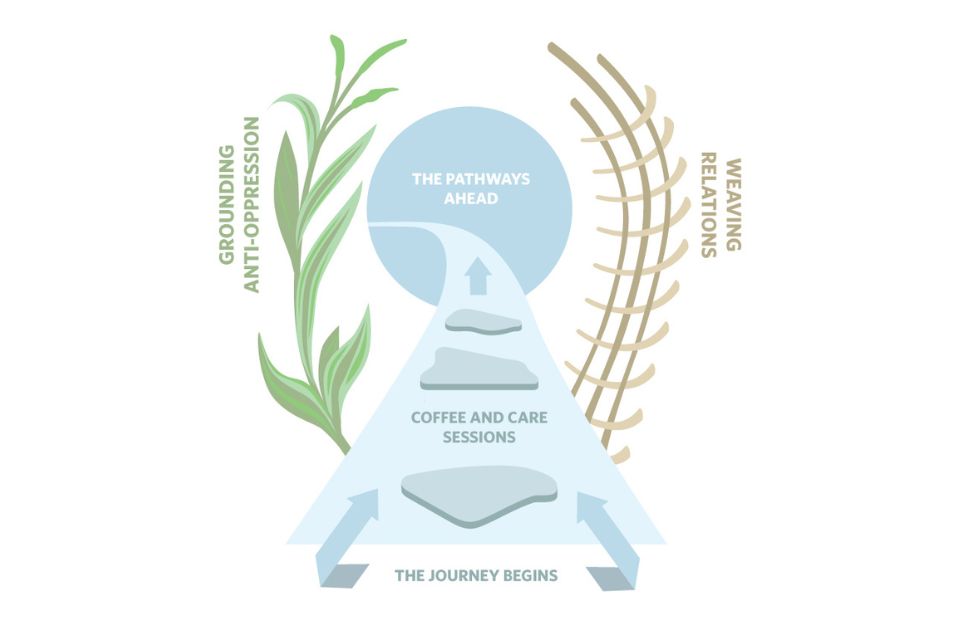UBC Forestry congratulates Dr. Quingshi Tu and Dr. Alex Moore on their teams’ Wall Research Award.

About Qingshi Tu and His Team’s Research
Project Title: Development of Organic Redox Flow Batteries for Clean Renewable Energy Storage Applications
The intermittent nature of renewables like solar and wind necessitates robust energy storage systems that can deliver power even when the sun isn’t shining or the wind isn’t blowing. Consequently, the growth of renewable integration requires expanding energy storage technologies. BC anticipates increasing storage capacity to 500 MW by 2030. Redox flow batteries (RFBs) are excellent candidates for energy storage offering safe, long-term storage without extensive land or water requirements, and flexible and modular design that allows for broad use. This project will enhance the market attractiveness of this technology by developing cost-effective, environmentally friendly production pathways for the organic materials used in these batteries, alongside innovations in battery engineering with the goal of making this innovative energy storage solution a practical reality.

About Alex Moore and Their Team’s Research
Project Title: Testing the Influence of Microbes and Sediment Chemistry on Seagrass Restoration
Restoring seagrass meadows (Zostera marina) that have been lost to coastal infrastructure development, logging, and pollution is a pillar of the Canadian strategy for greenhouse gas reduction and protecting biodiversity. While seagrass restoration through transplantation has long been practiced, lack of inclusion of sediments and microbiota often results in failure. Together with local partners (BC Parks, Tla’amin and Huu-ay-aht Nations, restoration practitioners, and others), this project team will test the role of microbes and microbial processes in seagrass restoration success and develop a database of restoration projects. The goal is to increase the success rates of seagrass restoration throughout BC and the northern hemisphere by revising practices to incorporate microbial processes.
About Wall Research Awards
Wall Research Awards (Faculty) are available annually to UBC faculty members through the Peter Wall Legacy Fund, an endowment established by Peter Wall, to support research excellence at UBC and invest in those who will help move BC and the world forward.
Wall Research Awards for tenured and track faculty members are available as individual and group awards.
- Team awards of up to $200,000, awarded to a group of three to five faculty members over a maximum term of up to three years.
- Individual awards of up to $80,000 over a maximum term of three years.
The Wall Research Awards focus on enabling good future work, rather than as rewards for past work, and are intended to support a range of scholars at different career stages. Projects supported by these awards may be exploratory or derived from established programs of inquiry.
























